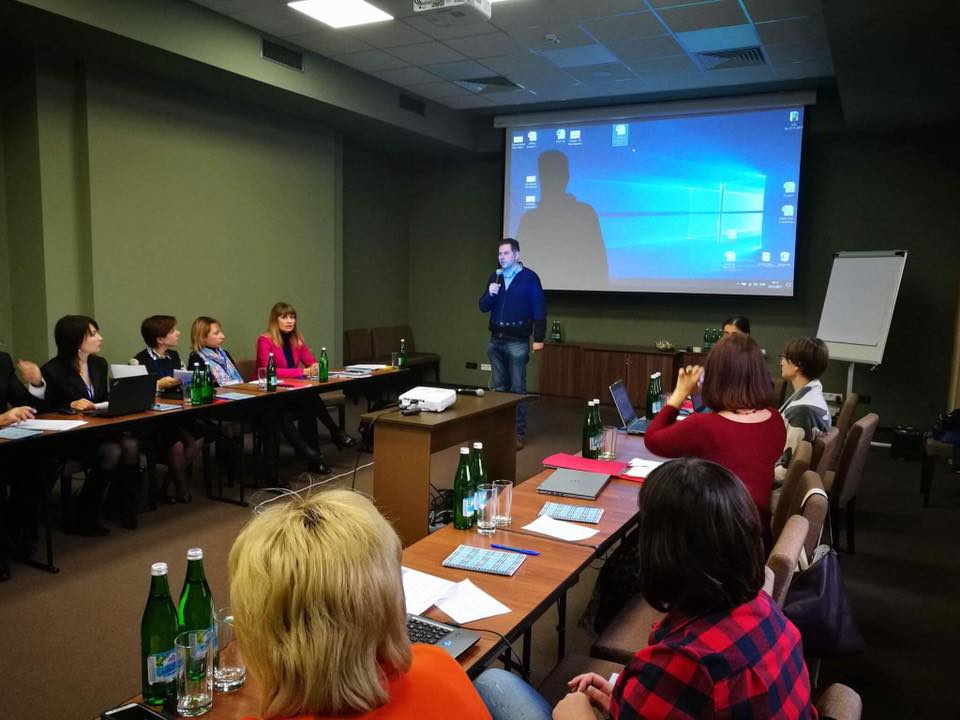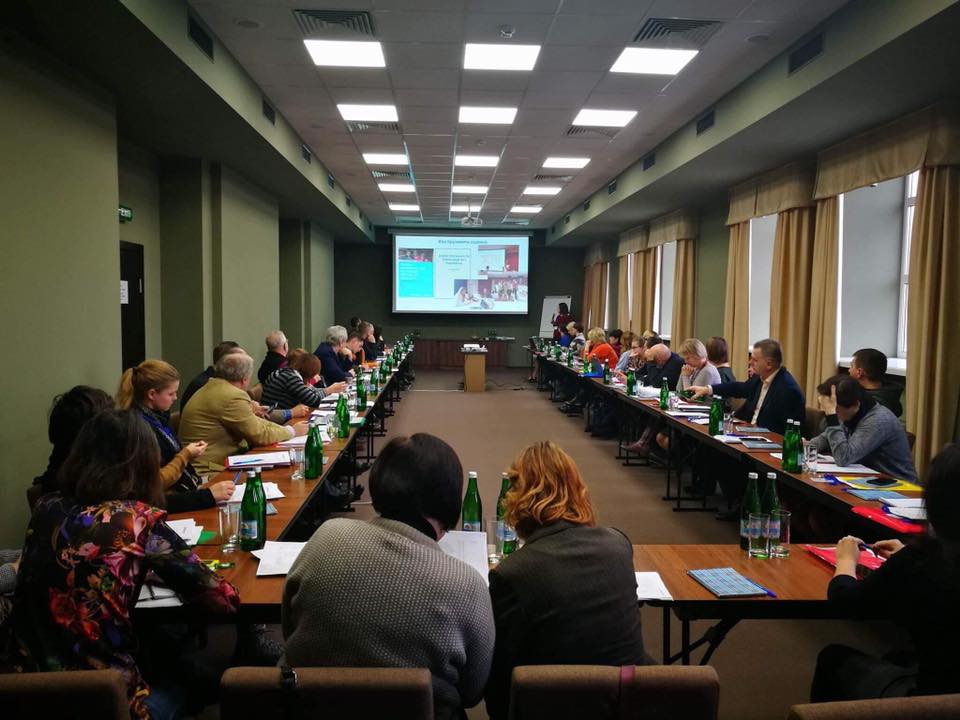The results of the assessments on gender barriers and key populations in the context of tuberculosis conducted in Ukraine within the project by the Alliance for Public Health in collaboration with the Stop TB Partnership will inform the national TB policy and programs. This message was voiced by Andriy Klepikov in his welcome speech at the stakeholders meeting within the project “Communities, Rights and Gender Tools Assessments for TB in Ukraine”, which was held in Kyiv on 24 November 2017.

In her presentation, the project manager, Yuliya Chorna, emphasized the importance of this study both at the global and national levels. She pointed out that in the course of the study its organizers expect to find out, which gender barriers exist in TB diagnostics and treatment and what should the effective services for women, men and people with other gender identities look like to help them go through the long treatment course successfully. The speaker also emphasized that Ukraine was the only country from our region, which was present at the workshop of the STOP TB Partnership earlier this year to present the study tools, and thus it plays a key role in the roll out of the assessment tools in Eastern Europe and Central Asia.
At the beginning of the meeting, Natalia Spivak legal consultant of the STOP TB Partnership and Serhii Kondratiuk, APMG Health consultant delivered overview presentations on the assessment of the national regulatory framework in the area of TB and relevant human rights barriers.
Representative of the Ukrainian Ministry of Health, Serhii Platov said that the Ministry is ready to work together with the outcomes of the study initiated by Alliance. Olha Klymenko, a former TB patient, told that her treatment as well as the life of her family could be much better if she was offered ambulatory needs-based treatment at the first place.
In the second part of the meeting, informative presentations on the situation with TB morbidity and treatment were offered by Yana Terleyeva, Head of Ukrainian Center for Socially Dangerous Diseases Control, State Institution “Public Health Center of the Ministry of Health of Ukraine” and Alliance consultants, Kateryna Maksymenko and Lilia Masiuk. Representatives of the Ukrainian Institute on Public Health Policy initiated a discussion of the study tools and presented the results of discussions in groups as well as in the broader circle of participants.
During the group activities, there was a heated discussion on how to define the key populations in terms of tuberculosis. It is important to mention that men face a higher risk of tuberculosis than women. Most of the participants said that the risk groups should include people with TB/HIV co-infection; migrants/refugees/internally displaced persons; urban population below the poverty line/rural population below the poverty line. We expect that the study will offer a well-justified response to this question.
This research study is based on the tools developed by the STOP TB Partnership: the TB/HIV Gender Assessment Tool (STOP TB & UNAIDS) and the Data for Action Framework on key, vulnerable and underserved populations. Two focus group discussions and in-depth interviews with target populations will be held. It is expected that the results of this research will be presented in Kyiv in mid-December 2017 and will be a source of the vital information to strengthen the national response to TB and TB/HIV.

